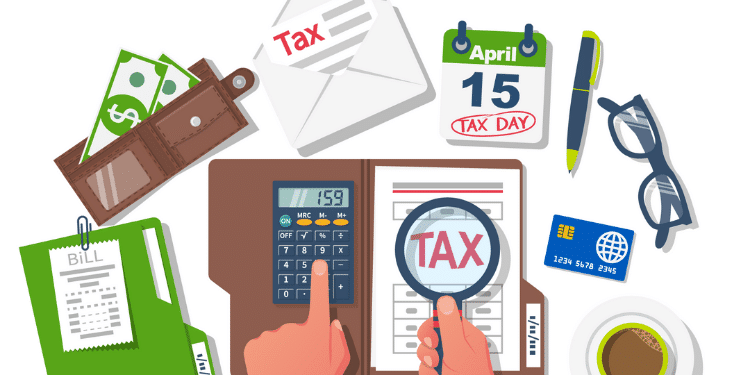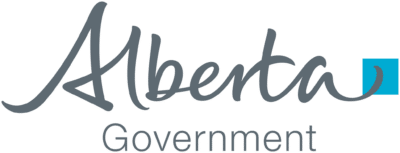As a new business owner, you may have thought about what a business audit would look like if you were ever subject to one. The most important thing to remember is that reporting all of your information accurately and honestly will go a long way towards avoiding a CRA audit. Have you ever been curious about CRA statistics on how many small to medium-sized enterprises are audited, and the total funds recovered in audits? This article will provide you with some key statistics and tips for avoiding any of the red flags that may increase your audit risk.
This information was presented by representatives of the Canada Revenue Agency at the Canadian Tax Foundation’s 2019 Ontario Tax Conference and put together for our audience by Vartika Satija, CPA, CA.
- Over the previous three years the CRA has completed, on average, 7,700 audits of small and medium-sized businesses (not including large enterprises) per year (5,900 audit of small businesses and 1,800 audits of medium-sized businesses)
- The CRA recovered, on average, $1.185 Billion per year from small and medium-sized businesses ($625 Million from small businesses and $560 Million from medium-sized businesses)
- On average, the CRA recovered $137,000 for a completed small business audit and $338,000 for a completed medium-sized business audit
- The CRA applied the so-called “gross negligence penalties” on 28% of audits of small businesses and in 8% of audits of medium-sized businesses. The penalties are equal to 50% of the taxes owing
- CRA officials claimed that there are several ways of obtaining information for a small-medium enterprise audit, like issuing a “Request for Information” to either the taxpayer or a third party, such as a bank, or by securing a compliance order via an application to the courts if the information is not provided voluntarily
- Major areas of common audit issues or areas of concerns were “unreported income, capital transactions, corporate reorganizations and restructurings, ineligible business expense claims and related party transactions”
Every business or individual dreads a letter from the CRA notifying them about being subject to an audit. While there is no way to avoid CRA audits, you can surely cut down by paying attention to the top red flags that will increase your small business audit risk:
1. Inconsistencies reported on your tax filings
Information declared on the tax return will be compared across all other tax forms such as GST/HST report and “information on tax returns with the information provided by employers, financial institutions, and other third parties”. If tax filing information reported is inconsistent with the information provided by third parties, it is a big red flag.
2. Comparatives to industry standards
The CRA usually has information about profit margins for various industries and therefore, will compare income reported to the industry standards. Declaring business income that is significantly higher or lower than the norm in your industry will draw immediate attention for an audit. In addition, the CRA has strategies for figuring out the probability that a corporation is incurring revenues but not reporting it.
3. Deducting large business expenses
 Claiming significantly higher amounts of tax deductions and credits than previous years raises big red flags. The CRA performs various tests and analyses during the audit to look for any personal expenses recorded as a business.
Claiming significantly higher amounts of tax deductions and credits than previous years raises big red flags. The CRA performs various tests and analyses during the audit to look for any personal expenses recorded as a business.
Businesses need to be cautious about certain expenses such as advertising and promotion, meals and entertainment, travel, miscellaneous, and interest expenses. If not considered reasonable given the nature of the business, they will be scrutinized by the CRA. False deductions can lead to interest and penalties on your tax return.
Learn the ins and outs of claiming meals and entertainment expenses.
4. Claiming 100% business use of a vehicle
The CRA knows that it is less likely that a single owner-manager will use a vehicle 100% of the time for business, especially when there is no other vehicle available for personal use. If audited, the CRA will ask you for a detailed logbook that indicates business KM versus personal KM driven.
5. Claiming the “Business Use of Home Office” if you don’t qualify
To claim this deduction, it is important to prove that the workspace in your home is only to earn business income and used to regularly meet with clients, customers, or patients. The CRA’s previous audits have determined that most small businesses do not meet the eligibility criteria to claim this deduction. Therefore, if you are not using your home office space exclusively for business purposes, do not claim this deduction.
6. Recurring losses
Most new businesses, especially in the start-up phase of operations, incur losses; therefore, a single-year business loss is not a cause for an audit. To carry forward the previous year’s losses, there must be a reasonable expectation of profit in the future years.
However, reporting losses several years in a row may raise questions on whether the business is running as a hobby and may trigger an audit.
7. Making large charitable donations
The CRA has a record of how much taxpayers at each income level usually give to a charity, so a red flag pops up when your charitable donations exceed that number. Donations involving capital property are especially likely to be reviewed.
8. Salaries paid to family members
There is nothing wrong with adding family members to the payroll as long as the compensation paid is commensurate with the salary or wage the business would pay to anyone else to do the same job. For example: if your spouse is working for you as an office assistant, you need to pay them a rate equal to what other office assistants make.
What does this mean for my small business?
Whether or not your small business gets audited is largely within your control. Keeping backup documentation and honestly reporting all the information accurately will go a long way towards avoiding a CRA audit. If for any reason you encounter an audit, your business will have all the documentation and justifications to support the claims.
It is strongly recommended to engage a tax professional for all your dealings with the CRA.
This information has been extracted from various sources as follows:
- CRA Audit – Small Business Audit Risk Canada (thebalancesmb.com)
- CRA found more than $1B auditing smaller businesses last year | Advisor’s Edge
- The Halloween Post: CRA Audit Statistics (advotaxlaw.ca)
Disclaimer:
“The preceding information is for educational purposes only. As it is impossible to include all situations, circumstances, and exceptions in an article such as this, a further review should be done by a qualified professional. No individual or organization involved in either the preparation or distribution of this article accepts any contractual, tortious, or any other form of liability for its contents or for any consequences arising from its use”.






